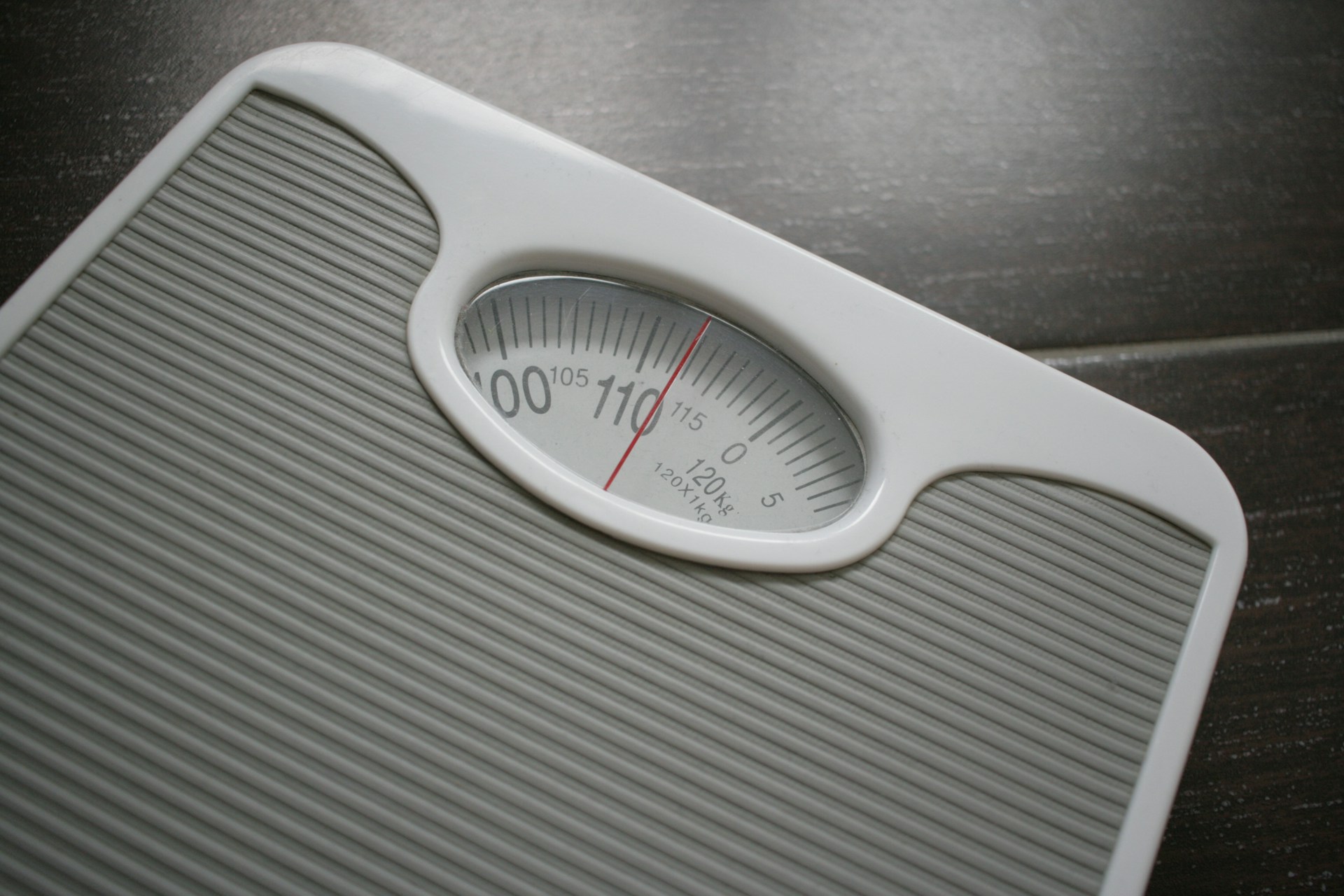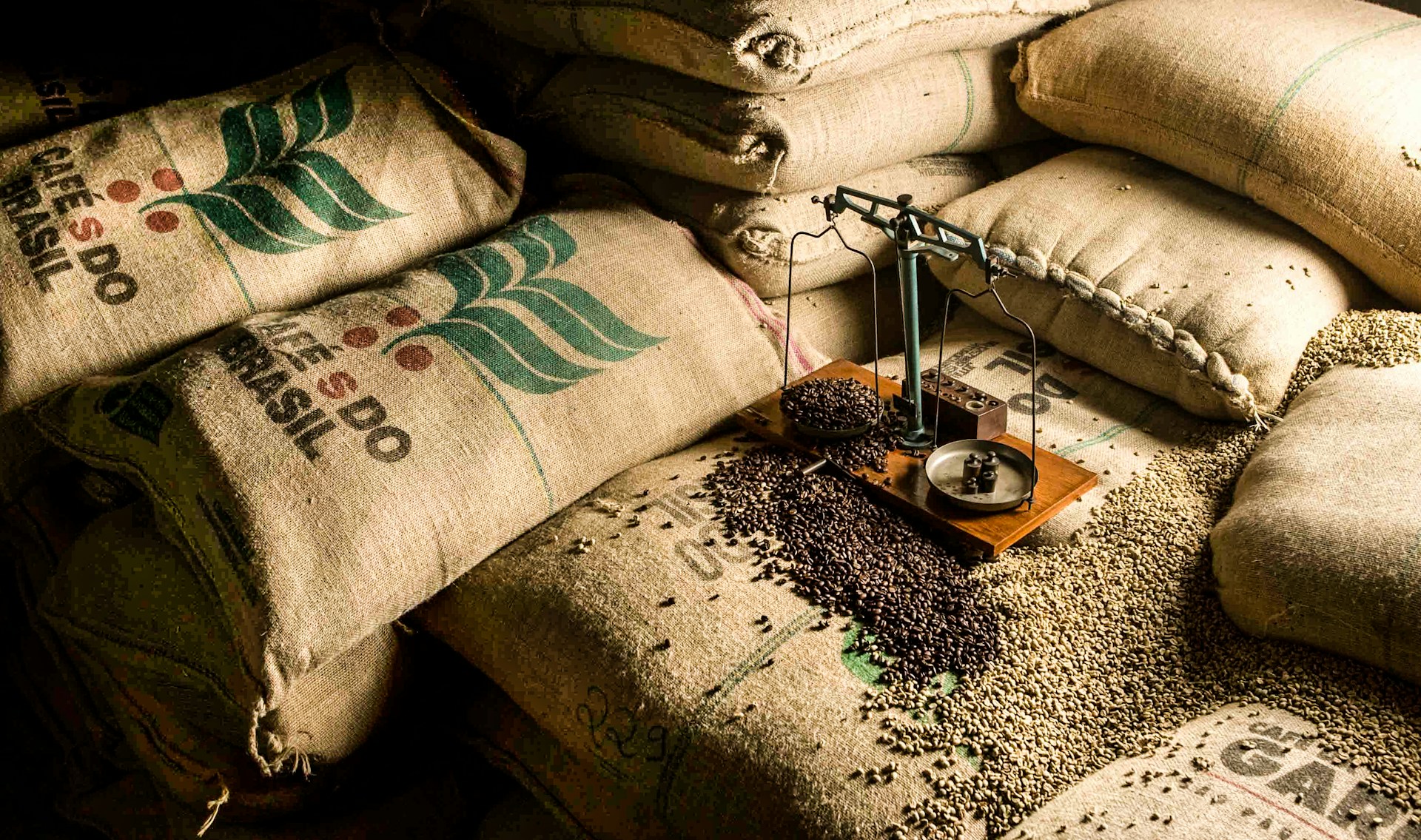Now Reading: Precision Weighing for Excellence in Manufacturing
-
01
Precision Weighing for Excellence in Manufacturing
Precision Weighing for Excellence in Manufacturing

Delivering high-quality products in today’s competitive manufacturing landscape requires a commitment to accuracy and precision at every stage of production.
One often overlooked variable that can dramatically affect manufacturing quality is the accuracy of weighing systems. A miscalibrated or unreliable scale can lead to costly errors, non-compliance with industry regulations, and ultimately, customer dissatisfaction.
This blog will explore the importance of precision weighing in manufacturing, discuss its impact on product quality and efficiency, and offer actionable insights on implementing accurate weighing systems.
By the end, you’ll understand why businesses trust companies like Atlantic Scale to maintain optimal results.
The Foundation of Manufacturing Quality
Why accurate weighing systems are essential
Accurate weighing systems act as the backbone of manufacturing. They ensure raw materials, components, and finished products meet predefined specifications.
Whether you’re measuring micrograms for pharmaceutical production or tons for heavy industry, small deviations in weight can add up to significant problems. For example:
- Incorrect formulations in areas like food production can result in spoilage or non-compliance with health standards.
- Wasted resources caused by inaccurate weighing may lead to rising operational costs.
- Customer dissatisfaction arises when finished goods differ from what’s promised, jeopardizing trust and brand loyalty.
Put simply, achieving manufacturing precision begins with proper weighing tools and adherence to accuracy standards.
The role of precision weighing in compliance
Many industries have stringent guidelines, including legal-for-trade regulations, to ensure consumer safety and quality control. Precision weighing ensures compliance with these requirements.
Scale accuracy plays a critical role in avoiding penalties, reducing waste, and optimizing production quality. Trusted providers like Atlantic Scale specialize in helping companies uphold these compliance standards.
Common Challenges Caused by Weighing Errors
Miscalibration issues
One of the most common problems in manufacturing weighing systems is miscalibration.
Over time, scales can become inaccurate due to daily wear and tear, environmental factors, or improper maintenance. This can lead to over-batching, poor product consistency, or rejected shipments.
Costly material waste
Misweighing even small amounts of raw material can escalate operational costs, especially in industries dealing with high-value resources.
For example, an excess of just 1% during the batching process for chemical manufacturing can translate to significant financial losses over time.
Compliance failures
Failing to meet industry-specific weighing tolerances can not only harm product quality but also endanger consumers.
For instance, prepackaged goods must meet “net weight” tolerances as required by regulatory agencies. Violations can result in hefty fines and damaged reputations.
Steps to Ensure Scale Accuracy
Invest in high-quality equipment
Not all scales are created equal. Select weighing instruments designed to match your specific industry applications for more reliable results.
Whether you’re in pharmaceuticals, food production, or heavy manufacturing, integrating highly responsive and durable weighing systems will serve as the foundation for precision.
Schedule regular calibration
Regular scale calibration is critical to ensuring accurate results. Engaging professional services like Atlantic Scale can optimize calibration frequency based on your operations, environment, and performance needs.
Proper calibration not only enhances manufacturing consistency but also extends the lifespan of weighing equipment.
Implement environmental control
Environmental factors such as humidity, temperature fluctuations, and vibrations can impact precision weighing.
Steps like controlling temperature levels in weighing areas, keeping scales on stable surfaces, and using vibration dampeners help reduce external influences that may distort measurements.
Integrated Weighing Solutions for Improved Manufacturing
Advantages of automated weighing systems
Advances in automation have transformed the weighing process. Automated weighing solutions reduce human error, provide continuous monitoring, and improve overall manufacturing productivity.
Modern systems often integrate seamlessly with production lines, resulting in higher precision and reduced material loss.
Leveraging advanced analytics
Data from advanced weighing systems can offer valuable insights into production trends and inefficiencies.
This information allows manufacturers to identify issues early and make informed decisions to improve processes. Paired with AI or IoT technologies, precision-weighing tools bring actionable intelligence directly to manufacturing floors.
Choosing the Right Weighing Partner
Why Atlantic Scale is a trusted name
Having served manufacturers for decades, Atlantic Scale provides not only state-of-the-art tools but also deep expertise in calibration, maintenance, and compliance.
Their tailored solutions ensure optimal scale accuracy in diverse industries, from healthcare and biotech to aerospace and food production.
Whether you’re deploying new systems or maintaining existing ones, working with a trusted provider can be the difference between flawless performance and costly downtime.
The importance of long-term service support
Precision weighing shouldn’t end with product installation. Ongoing maintenance, calibration services, and software updates are essential for sustaining accuracy over time.
Investing in post-purchase support secures compliance and maintains your operational standards.
Building a Competitive Edge Through Precision
Focusing on accuracy for customer satisfaction
Satisfied customers are the outcome of precision-focused manufacturing processes. Accurate weighing ensures product quality matches expectations, creating trust and setting you apart from competitors.
Enhancing sustainability efforts
Precision weighing also contributes to minimizing waste, which aligns with many companies’ sustainability goals. By only using what’s necessary, manufacturers reduce their environmental footprint, benefitting both the planet and their bottom line.
Use Accurate Weighing to Maximize Your Manufacturing Quality
Accuracy isn’t just a technical requirement; it’s a business imperative. Proper weighing impacts every aspect of manufacturing, from product quality and compliance to customer satisfaction and operational efficiency.
Leveraging state-of-the-art tools and services, like those from Atlantic Scale, allows manufacturers to operate at peak precision.
If you’re ready to enhance your factory’s accuracy, minimize waste, and stay compliant, consider contacting Atlantic Scale to start your precision weighing transformation.


























